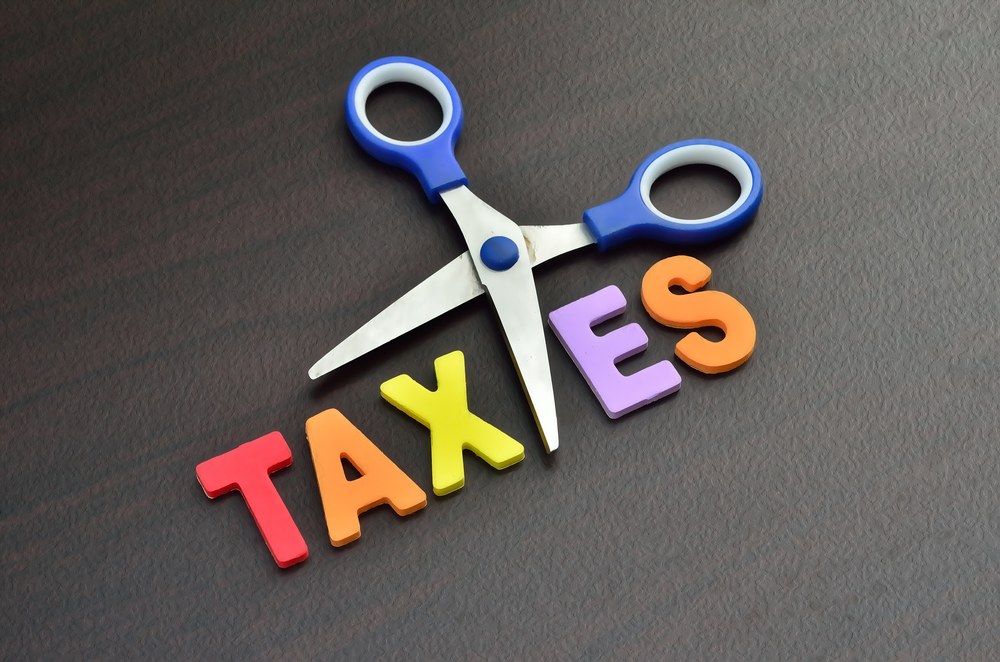Property buyers paid £1 billion in stamp duty in June, leaving the total bill for the year to date unchanged from last year at £5.4 billion.
Coventry Building Society’s analysis of Office for National Statistics data removes stamp duty on shares and focuses purely on land taxes.
The total stamp duty bill, including that paid on shares and other assets, was £500 million higher than last year in the April to June period, reaching £4.2 billion.
The income does not include equivalent taxes in Scotland and Wales where these rights are transferred.
Coventry is calling on the new government to take action on stamp duty to avoid disruption to the property market if the thresholds shift next year.
Home buyers currently pay stamp duty if their home costs more than £250,000.
By March 2025 this will fall to £125,000, raising the tax burden on an average-priced house in England from £2,619 to £5,119, Coventry said.
First-time buyers currently pay stamp duty if their home costs more than £425,000, which will drop to £300,000 by March 2025.
Jonathan Stinton, head of intermediary relations in Coventry, said: ‘The new government has been relatively quiet on stamp duty so far, but silence is certainly not golden when it could end up costing homebuyers thousands of pounds in extra tax.
“If we don’t hear anything between now and April next year, those wanting to buy a median-priced home will have to pay a further £2,500 in property tax.
“The next Budget could come as soon as September, and we are keen to see the new Chancellor deliver an ambitious long-term property tax plan that will provide certainty for anyone considering buying or selling a home.
“There are just eight months to go before temporary property tax thresholds will halve to just £125,000, leaving all but a few buyers facing bigger tax bills.
“The April deadline carries the risk of disruption to the real estate market.
“Within the next few months, buyers will increasingly rush their purchases to avoid a hefty tax increase, which will cause a flurry of activity followed by a sharp decline after the relief ends.
“This swell and burst effect will not help build long-term stability in the market, so stamp duty should be high on the Chancellor’s list of priorities as he prepares the next Budget.”


